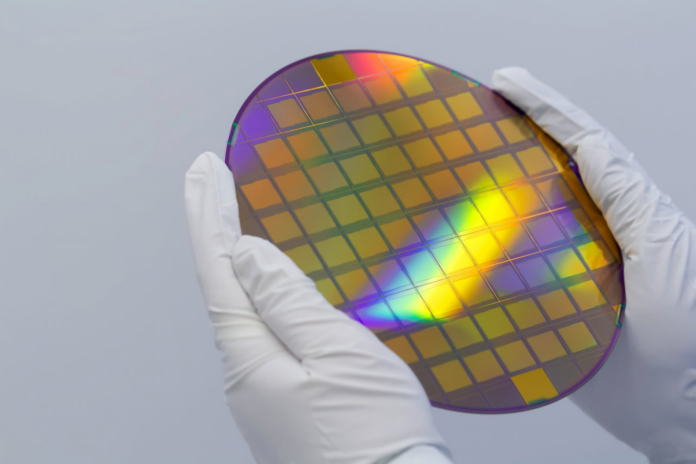This is not investment advice. The author has no position in any of the stocks mentioned. Wccftech.com has a disclosure and ethics policy.
According to Taiwan’s Minister of the Science and Technology Council Wu Cheng-wen statements, the Taiwan Semiconductor Manufacturing Company (TSMC) can shift its next-generation 2-nanometer chip manufacturing process technology to other countries after 2025. TSMC’s 2-nanometer process technology will compete with Intel’s 18A process, which is also due for production in 2025, and according to the minister, the Taiwanese government will be open to shifting the new technology to friendly nations once TSMC has started working on 2-nanometer successors.
Wu addressed a press conference in Taiwan earlier today, and his media talk centered on questions related to advanced semiconductor research remaining inside Taiwan and Chinese concerns about transferring advanced chip manufacturing technology to the United States.
US Is Still World Leader In Semiconductor Industry Stresses Taiwanese Science Minister
In his press conference, Minister Wu was asked by the media if the incoming US administration might accelerate the transfer of advanced chip manufacturing technologies to America. As part of the CHIPS and Science Act, the Biden Administration has wooed TSMC and other semiconductor companies to set up advanced chip manufacturing facilities in America. TSMC has won $6.6 billion in US funding to set up three manufacturing facilities in America. Among these, the third plant will manufacture 2-nanometer chips when it starts production at the end of the decade, according to the Commerce Department.
As per Wu, since TSMC will start manufacturing 2-nanometer chips in Taiwan in 2025, the question of whether the firm will be able to set up advanced facilities to make these chips overseas in friendly countries will be addressed by the government after mass production starts. His remarks suggest that if discussions at the government level are fruitful, the firm could globally expand its 2-nanometer manufacturing footprint.
Image Source: TSMC
During his talk, the minister was also asked if he was worried about the ‘hollowing out’ of Taiwan’s semiconductor industry. In response, he shared that this was unlikely to occur since all of TSMC’s research and development facilities are located in the island. While TSMC has been encouraged by the CHIPS Act to set up manufacturing facilities in the US, and similar initiatives have attracted the firm to other countries such as Japan, these deals have not led to any commitments of R&D centers in foreign nations.
Semiconductor fabrication is a key aspect of the Taiwanese economy and, by extension, its national security. TSMC is the most valuable firm on the Taiwan stock market, and it is also the biggest revenue generator in the region. Wu stressed that advanced semiconductor fabrication research will stay in Taiwan, but added that his government is willing to expand expertise to friendly nations and help them develop localized manufacturing expertise.
He also outlined that despite TSMC manufacturing the most advanced chips in the world, the US is nevertheless the global leader in chip fabrication. According to Wu, semiconductor fabrication involves a wide variety of technologies ranging from design intellectual property to manufacturing materials. In most of these areas, the US is still the leader, believes the science and technology minister.
TSMC Can Shift Advanced 2nm Manufacturing To US After 2025, Insinuates Taiwanese Minister
RELATED ARTICLES



